
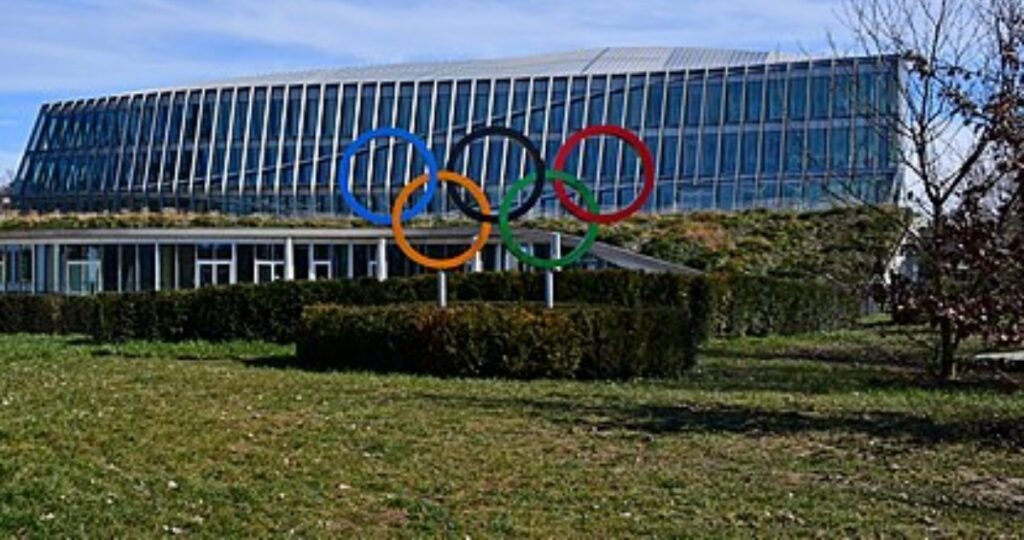
Doping “Double Standard”
Out sprinter Sha’Carri Richardson and the International Olympic Committee (IOC) are at odds over discrepancies in the handling of Olympics doping cases after the 2020 Summer Olympics hopeful expressed frustration over the handling of Russian figure skater Kamila Valieva’s failed drug test.
Richardson’s complaint centers on how the reporting of Valieva’s offense by anti-doping agencies and global sports governing bodies compared to her own violation last summer. Richardson was a medal favorite in track and field following the 2021 U.S. Olympic Trials, but she never got the chance to compete in Tokyo due to a one month suspension for using marijuana, whose status as a performance-enhancing drug has been called into question in recent years.
Richardson stated at the time that she used marijuana as a way to deal with the recent passing of her mother. She was suspended by the U.S. Anti-Doping Agency (USADA) shortly after testing positive on June 19.
Valieva Cleared To Compete
Valieva’s case has dominated recent conversations at the 2022 Winter Olympics in Beijing. After helping the Russian Olympic Committee win gold in team figure skating, it was revealed that a urine sample taken from Valieva in December 2021 tested positive for trimetazidine, a drug found in angina medication that increases blood flow to the heart and is classified as a performance-enhancing drug by the World Anti-Doping Agency (WADA). The results of Valieva’s drug test weren’t revealed until examined by a WADA-approved laboratory on Feb. 8.
Unlike Richardson, Valieva will continue to compete at the Winter Olympics thanks to a ruling from the court of arbitration of sport (Cas) on Monday. The Cas ruling stated that preventing Valieva from competing in Beijing “would cause irreparable harm” to the 15-year-old that currently leads the women’s figure skating competition.
Richardson didn’t mince words after news of the Cas decision hit. “Can we get a solid answer on the difference of her situation and mines? My mother died and I can’t run and was also favored to place top 3,” Richardson said via Twitter. “The only difference I see is I’m a black young lady.”
She also took aim at the time discrepancy between her case and Valieva’s. “Failed in December and the world just now know however my result was posted within a week and my name & talent was slaughtered to the people,” Richardson said. “Not one Black athlete has been about to compete with a case going on, I don’t care what they say!”
IOC Responds
The IOC responded to Richardson’s claims on Wednesday through IOC spokesperson Mark Adams. Speaking with The Guardian, Adams disagreed with Richardson’s assessment that there was a double standard. “You can’t talk about double standards in relation to Russian and American athletes, each case is individual … Richardson’s positive doping test was discovered on June 19, and the result was received before the start of the Olympics,” he said. “There is nothing in common between these two cases.”
Adams also pointed out that while Valieva will still compete, any medal ceremonies involving her will be postponed until a full investigation is completed. “She is in the center of a lot of speculation. It must be very tough for her,” Adams said. “We, of course, are in touch with the team, her welfare is the team’s first priority, and obviously we are very careful of that but there’s only so much that we can do.”
The decision hasn’t sat well with prominent figures in the figure skating community. “It’s not just about her skating or not skating,” said NBC commentator and Olympic gold medalist Tara Lipinski during the women’s figure skating broadcast. “It’s affecting everyone at these Olympic Games to think that there’s going to be no medal ceremony if she’s on the podium. … I can’t even comprehend that. Imagine how it’s affecting so many other skaters’ lives and their experiences.”
“To have that experience and that feeling … diminished because of a positive drug test on one of your competitors when everyone else adheres to the rules … it’s a slap in the face to every other skater,” added Olympian Johnny Weir. The medal ceremony went on as planned after Valieva finished fourth.
There are multiple circumstances present in Valieva’s case that do distinguish it from Richardson’s despite the list of similarities. One is the handling of each athlete’s positive test and punishment by their respective anti-doping bodies. While USADA took swift action with Richardson, the Russian Anti-Doping Agency (RUSADA) drug its feet in processing and reporting Valieva’s positive test until the Beijing Games were already underway.
“According to information received by WADA, the sample in this case was not flagged by RUSADA as being a priority sample when it was received by the anti-doping laboratory in Stockholm, Sweden. This meant the laboratory did not know to fast-track the analysis of this sample,” WADA said in a statement following the Cas ruling.
“Protected Person”
Valieva’s status as a “protected person” under WADA guidelines due to her age also allows for a less strict punishment to be administered to athletes under the age of 16. Richardson was 21 at the time of her suspension. A doping violation by an athlete classified as a “protected person” also triggers an automatic investigation of the athlete’s support personnel. WADA announced that both RUSADA and WADA have launched investigations into Valieva’s entourage.
Russian athletes have been banned from competing under their nation’s name at the last three Olympics after the nation’s state-sponsored doping program was exposed following the 2014 Winter Olympics in Sochi.
“They shouldn’t be at the Olympic Games,” former Olympian Adam Rippon told Time Magazine. “I do feel for the 15-year-old, but at the end of the day if she did cheat, it’s very simple to me – she shouldn’t be competing. I do put the blame for that on the people around her, and not so much on her. But this is a big hit to the Olympic movement.”
Olympics Doping: Previously on Towleroad
Photo courtesy of Gzzz/Creative Commons



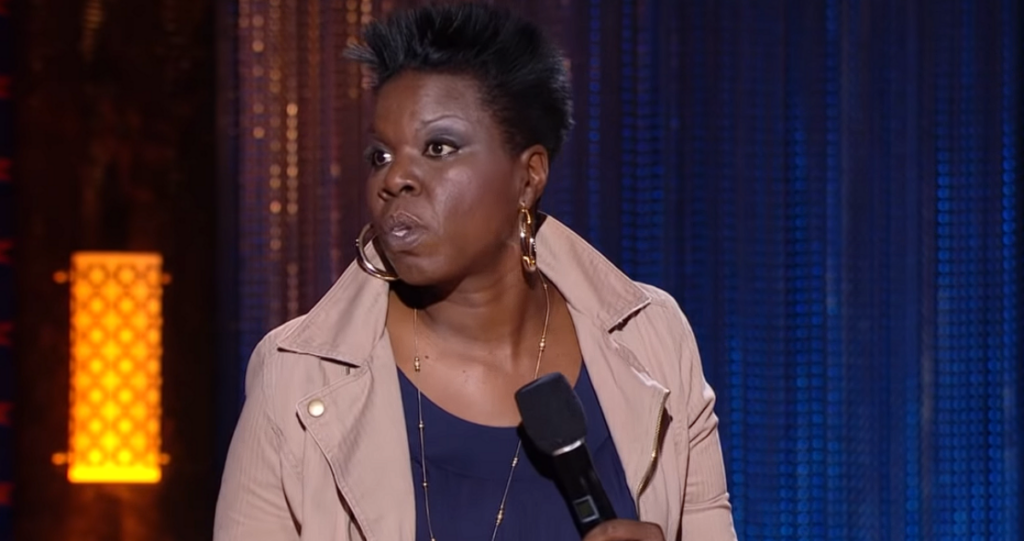
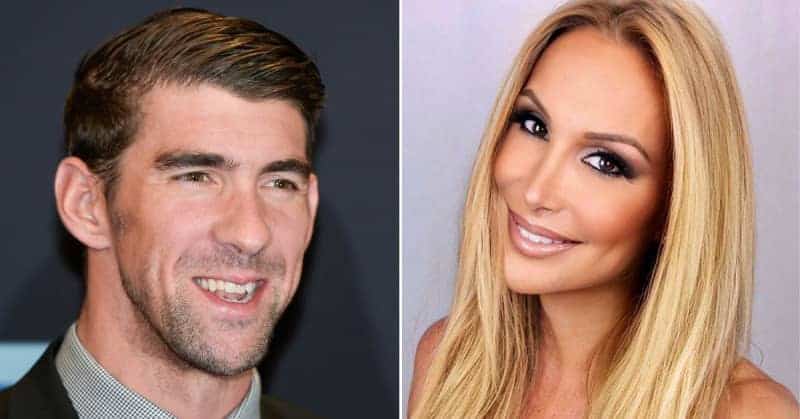
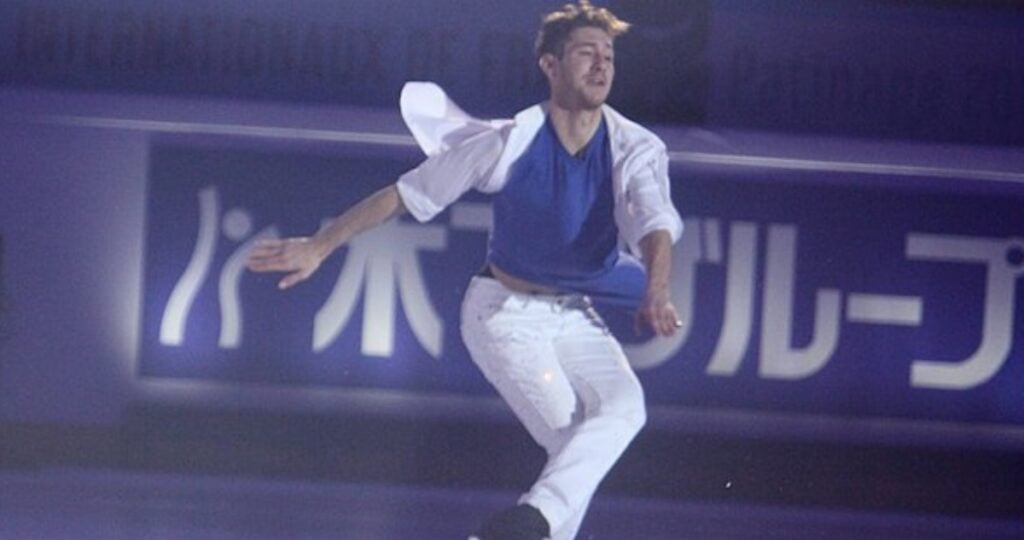
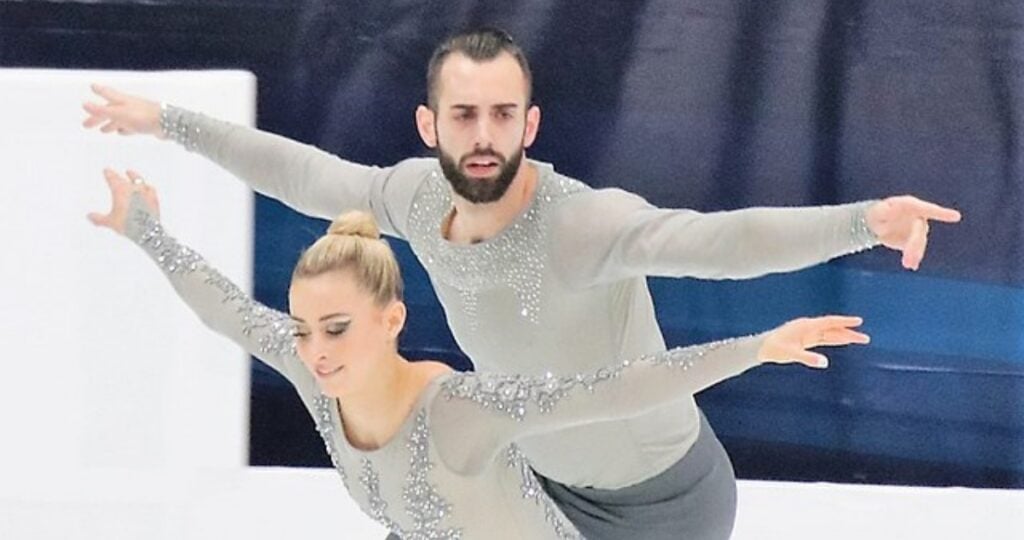
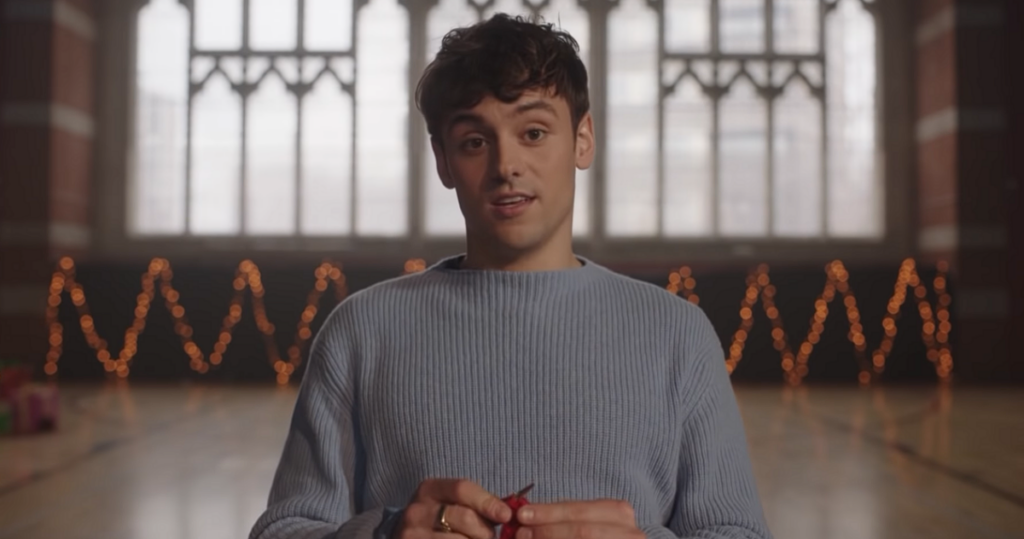
Recommended Comments
There are no comments to display.